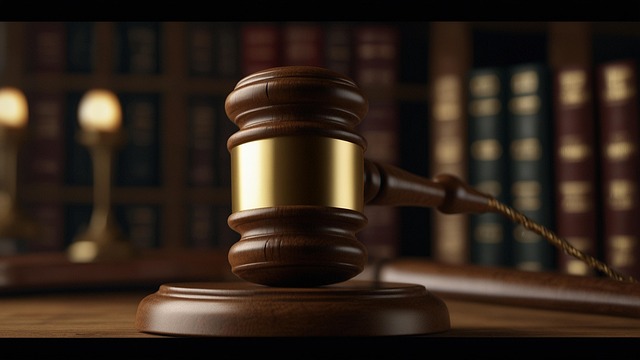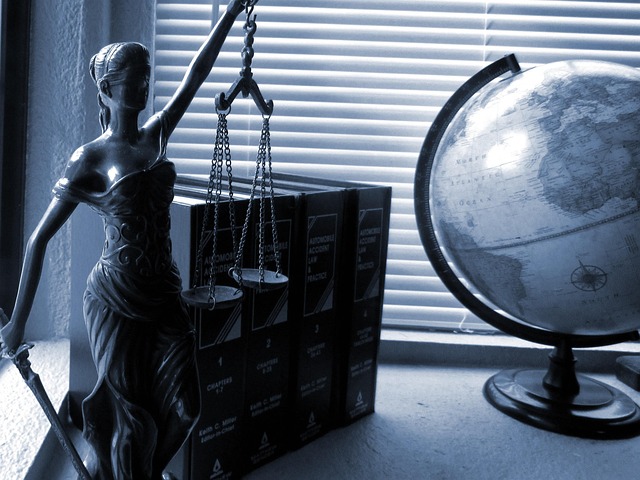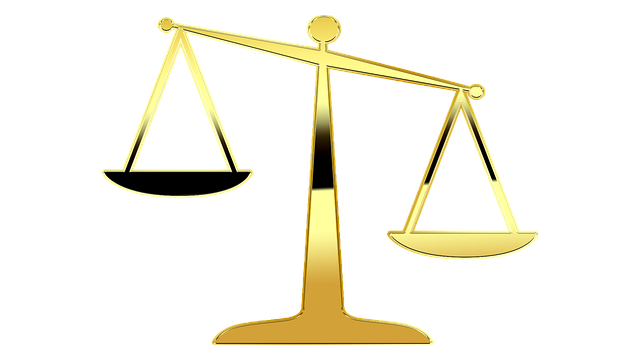Fraudulent financial practices, from accounting fraud to insurance scams, harm individuals and the economy. Class action lawsuits are a powerful tool against such fraud, requiring shared experiences of harm and comparable financial losses among plaintiffs. Understanding eligibility criteria is crucial for participation in these suits, which aim for collective compensation and hold accountable institutions enabling widespread financial fraud.
Fraudulent financial practices pose significant threats to individuals and businesses alike. This article delves into the intricate world of financial fraud, offering a comprehensive guide on understanding and navigating its complexities. We explore critical aspects such as class action lawsuits and their eligibility requirements, providing essential insights for those affected by fraudulent activities. By understanding your legal options, you can take proactive steps to seek justice and compensation.
- Understanding Fraudulent Financial Practices
- Class Action Lawsuits: What You Need to Know
- Eligibility Requirements for Class Actions
- Navigating Legal Paths After Fraud Exposure
Understanding Fraudulent Financial Practices

Fraudulent financial practices refer to a range of illegal or unethical actions designed to manipulate financial systems for personal gain. These activities can take many forms, from accounting fraud and investment scams to mortgage deceit and insurance chicanery. Understanding these practices is crucial in recognizing their impact on both individual victims and the broader economic landscape. By exposing fraudulent schemes, individuals who have been affected can explore their rights through class action lawsuits, which offer a collective avenue for seeking justice and compensation.
Determining eligibility for a class action lawsuit against financial institutions involves understanding specific requirements such as the scope of the fraud, the number of affected parties, and the nature of the harm suffered. Achieving extraordinary results in these cases often requires robust evidence and legal expertise to navigate complex regulations and legal precedents related to white-collar and economic crimes. Philanthropic and political communities also play a role in holding institutions accountable by supporting initiatives that promote financial transparency and integrity.
Class Action Lawsuits: What You Need to Know

Class Action Lawsuits: A Powerful Tool Against Fraud
When individuals or entities engage in fraudulent financial practices, it can have devastating effects on investors and consumers. In such cases, class action lawsuits emerge as a significant legal strategy to hold wrongdoers accountable and provide justice to those affected. These lawsuits are brought forth by a group of individuals (a “class”) who share common interests and have suffered similar losses due to the misconduct of a specific party.
Understanding your eligibility for a class action lawsuit is crucial. Requirements typically include being a victim of the fraudulent activity, having incurred financial losses, and meeting specific criteria set by the court. Unlike individual lawsuits, which often involve smaller claims, class actions aim to aggregate numerous similar cases into one, creating an unprecedented track record of justice. This collective approach not only ensures that victims receive compensation but also serves as a powerful deterrent for future white-collar crimes, with potential benefits extending beyond monetary restitution to the broader philanthropic and political communities.
Eligibility Requirements for Class Actions

When considering a class action lawsuit for fraudulent financial practices, understanding the eligibility requirements is crucial. Class action lawsuits are designed to aggregate claims from numerous individuals or entities who have suffered similar harm, allowing for collective compensation and legal representation. To be part of such a lawsuit, plaintiffs must meet specific criteria. These generally include a shared experience of being harmed by the same defendant through identical or similar fraudulent practices, as well as significant financial losses that are proportionally comparable among the affected parties.
The eligibility requirements often extend beyond economic damage, considering factors like the extent of harm caused and the defendant’s intent. In cases involving corporate and individual clients, these criteria ensure that only those with legitimate claims and substantial losses can participate, thereby achieving extraordinary results through collective legal action. The process involves careful screening to maintain the integrity of the class and maximize potential outcomes, including jury trials where appropriate.
Navigating Legal Paths After Fraud Exposure

After exposing fraudulent financial practices, individuals or organizations may find themselves navigating complex legal landscapes. One potential avenue to seek justice and compensation is through a class action lawsuit. To be eligible for such a lawsuit, plaintiffs must meet specific criteria, including demonstrating a shared injury resulting from the defendant’s actions. This collective approach can be powerful in holding accountable those responsible for widespread financial fraud.
The process involves careful consideration of a general criminal defense strategy, as well. While a complete dismissal of all charges is not guaranteed, building a robust case with solid evidence and legal arguments can significantly strengthen one’s position. It’s crucial to understand the respective business practices and policies that may have contributed to or enabled the fraud, as this knowledge can be instrumental in both the civil and potential criminal proceedings against the guilty parties.
In light of the above discussions on fraudulent financial practices, understanding your rights is a crucial step in navigating potential class action lawsuits. If you’ve been affected by such practices, it’s worth noting that knowing the eligibility requirements for class actions can empower you to take collective action. By joining forces with others, victims can hold perpetrators accountable and seek justice through legal channels. Remember that, specifically, class action lawsuits offer a powerful tool to recover losses incurred due to fraudulent activities, ensuring accountability and potentially significant compensation for those affected.






